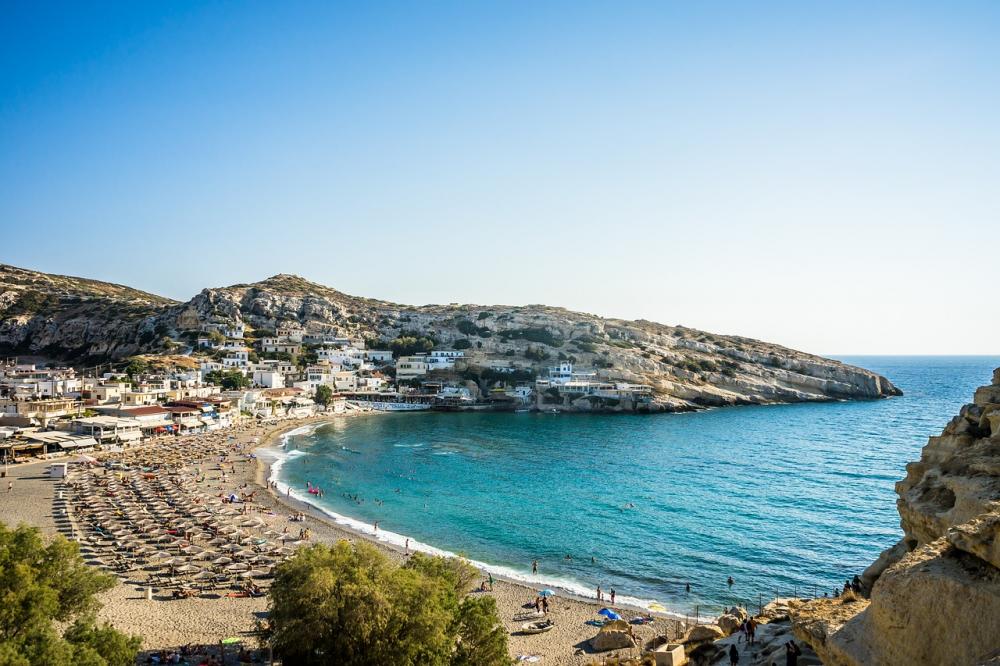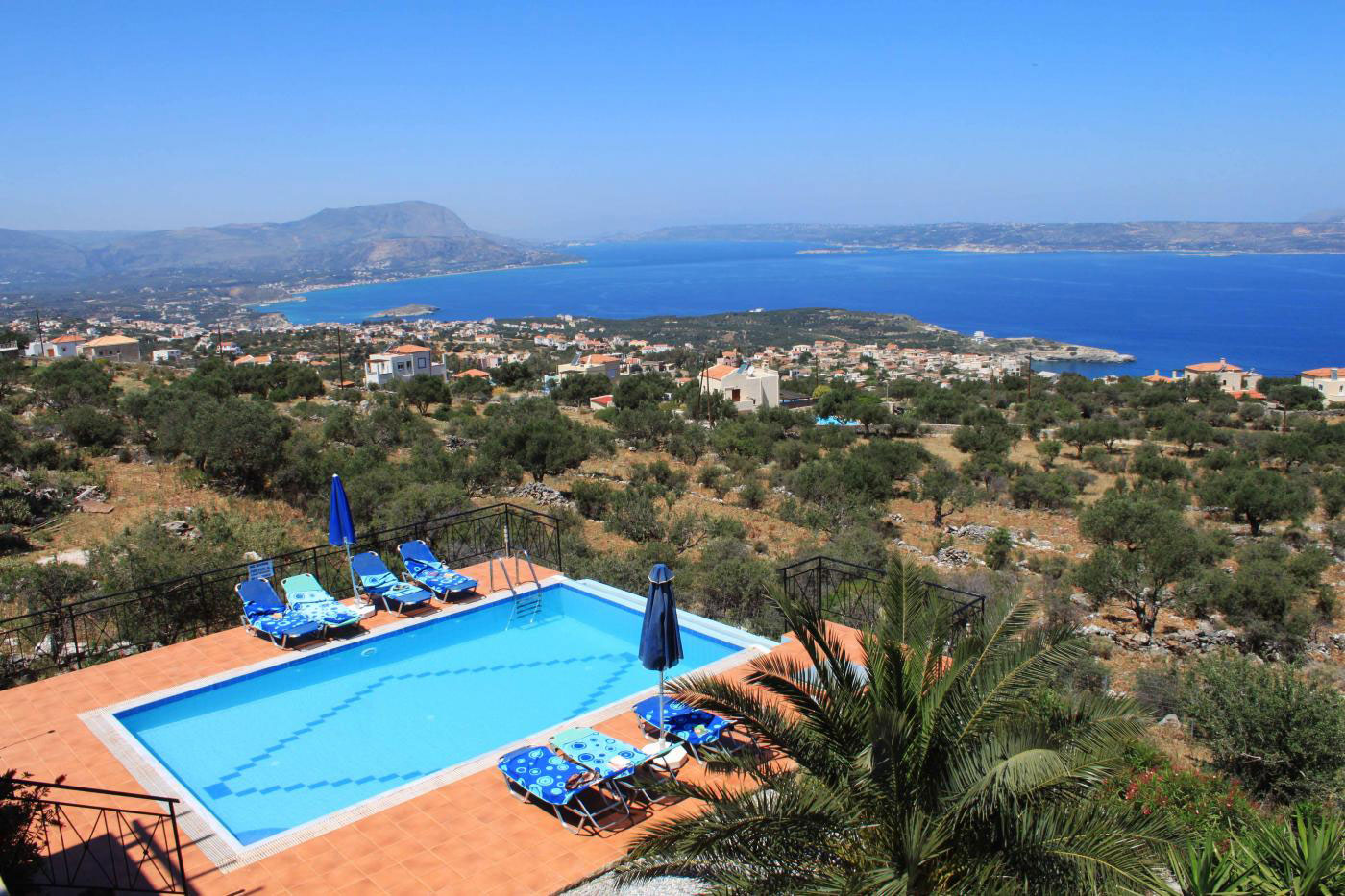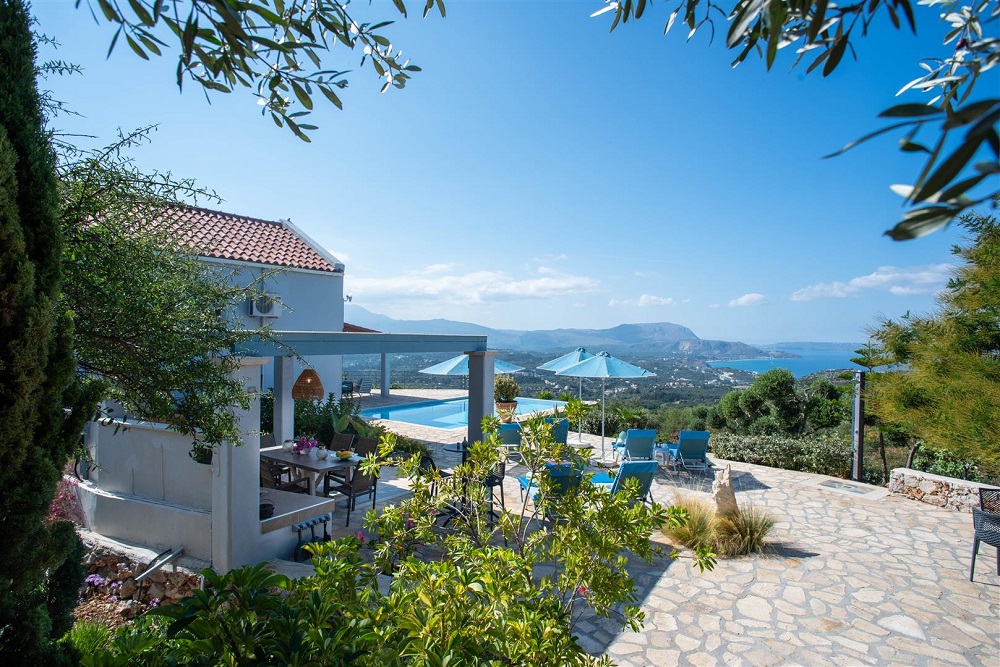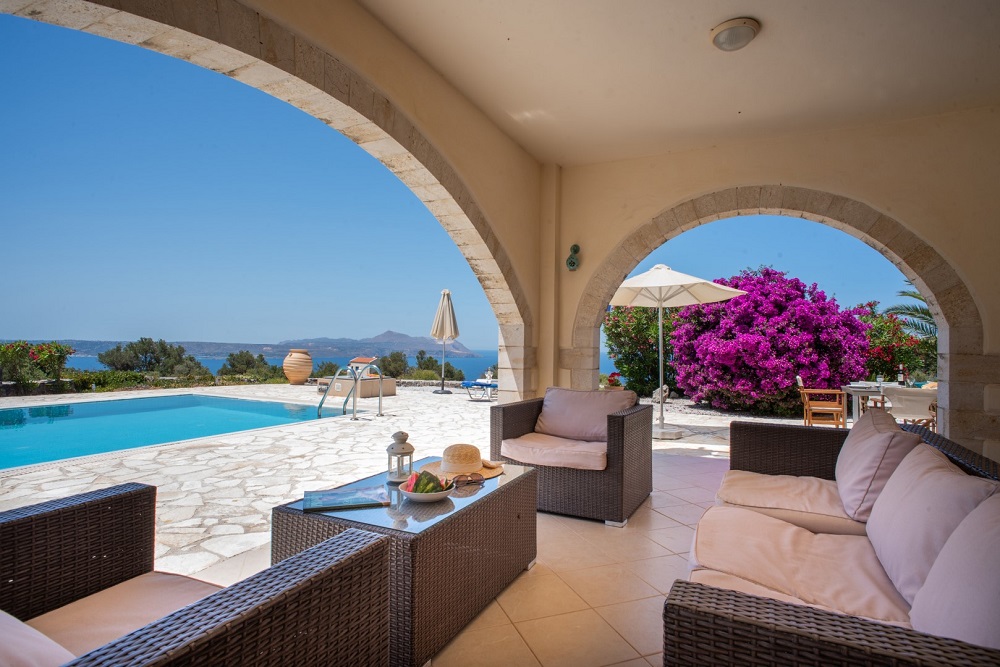Embracing Positive Change: The Climate Resilience Levy in Greece
To address the impact of climate change and support post-disaster reconstruction, the Greek government has introduced a new climate resilience levy for tourists. This measure officially came into effect on January 1st, 2024. While some may view this as an additional charge, it can be seen as a positive step towards safeguarding the environment.
This initiative aligns with increasing global concerns about climate change, prompting Greece to reevaluate its approach to tourism and prioritise climate-related resilience, especially in the aftermath of severe forest fires and floods that have impacted the nation.
In this article, we aim to address any concerns our guests may have regarding how these changes impact villa accommodation in Crete.

Positive Impact on the Planet
The devastating forest fires and floods that affected Greece in 2023 have prompted the government to take action. The new climate resilience levy aims to generate additional revenue, estimated to reach up to 300 million euros in 2024. This funding will play a crucial role in financing reconstruction efforts and supporting victims of natural disasters.
Recognising the urgent need for action, the Greek government's decision to replace the previous bed tax with a climate resilience levy signifies a commitment to mitigating the effects of climate change. This effort, and generated revenue will play a pivotal role in supporting post-disaster reconstruction, aiding victims, and fortifying the country's defences against future natural challenges.
What It Means for Crete Escapes Guests
Crete Escapes will itemise the climate resilience levy as a separate charge when you make an online or manual booking. This represents a distinct advantage over hotels and other privately owned accommodations, where extra costs must be paid separately on arrival. With private villa accommodation this option ensures that our guests can contribute to environmental initiatives effortlessly.
The fees for the climate resilience levy will vary depending on the travel season. From March to October, the new tax will increase accommodation costs, with varying rates for different types of accommodations. The government aims to manage crowds and stimulate winter tourism by maintaining lower tax levels during the low season from November to February.
At Crete Escapes, we recognise the importance of providing our guests with attractive options for off-peak holidays and spring/autumn getaways. During the low season, and despite the climate resilience levy, our guests can take advantage of our low occupancy discounts and enjoy North West Crete without the usual crowds. It's an ideal time to experience the tranquility and charm of the region, whilst contributing to a more sustainable and enjoyable travel experience.
Adapting to Change
Whilst we acknowledge concerns about potential impacts on tourist numbers in 2024, the decision to keep the tax at the level of the old bed tax during the low season reflects a thoughtful approach to balancing environmental goals with the needs of the tourism sector.
As we welcome 2024, Crete Escapes embraces the positive change brought about by the climate resilience levy. We encourage our guests to see this as an opportunity to contribute to the protection of our planet while enjoying the beauty of Crete.
Your support through the climate resilience levy helps build a sustainable and resilient future for both the environment and the local communities. The investment in preserving the nation's natural and cultural treasures is a collective effort to ensure that Greece remains a captivating destination for generations to come.
Explore Our Villas
Browse through our range of luxury villas situated in north-west Crete.
Our range includes traditional two-bedroom options, spacious villas for large groups, and everything in between, all designed with a focus on exclusivity and comfort.
Each villa offers a unique blend of traditional Cretan charm and modern amenities, such as pools and sea views, perfect for couples, families, and group travellers. With our seamless booking system, planning your dream holiday is easier than ever.


